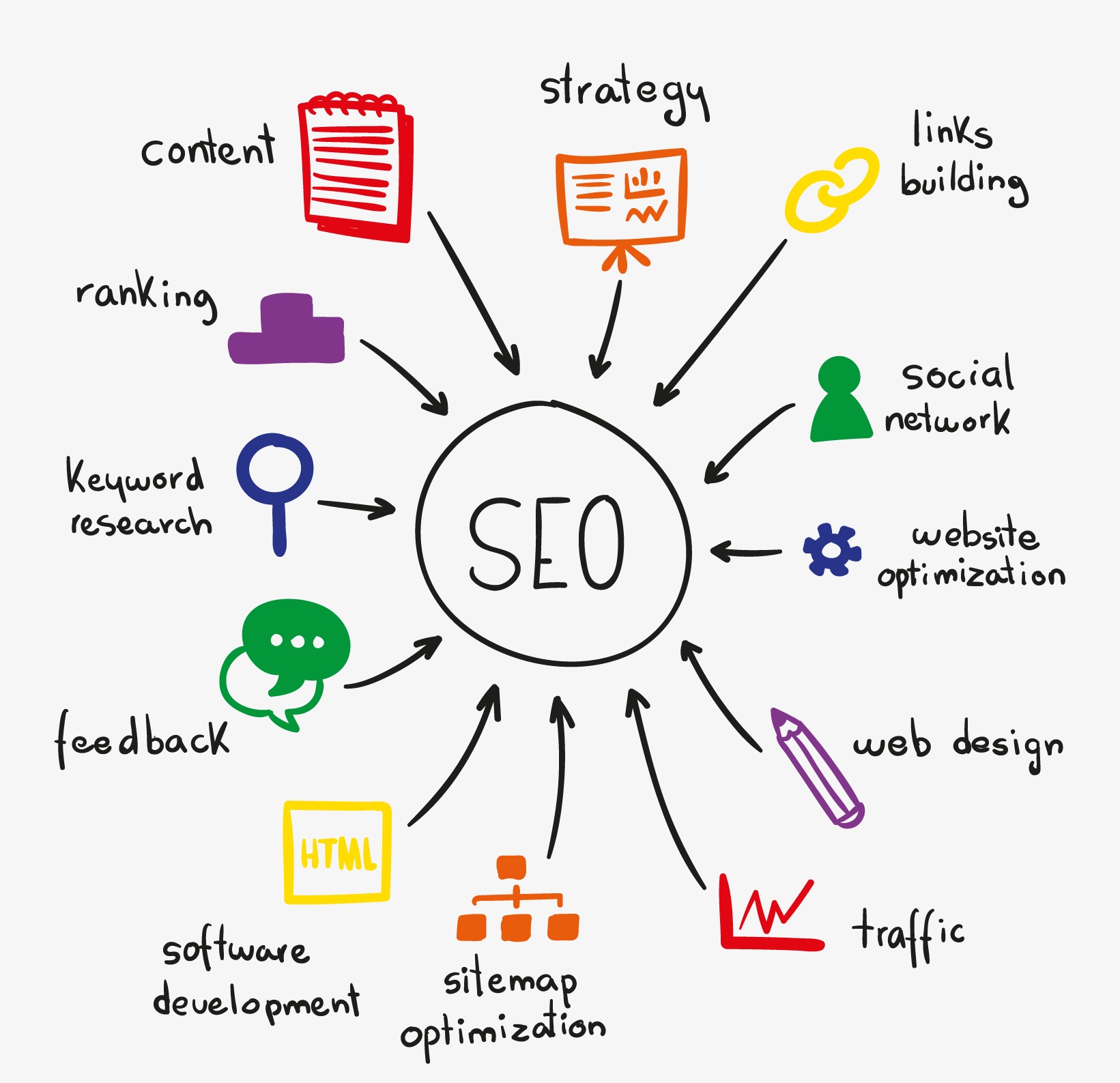Why SEO Matters to Your Inbound Marketing Strategy
These days it seems as though everyone has an opinion on what type of marketing strategy is the most effective. From focusing on social media to launching an all-encompassing digital marketing plan, there are many different ways to market your business in today’s world.
When digital marketing first became a ‘“thing," most of us were focusing on SEO and keywords. While opinions change in regards to how to use keywords to drive website traffic, the fact of the matter is that it’s incredibly important to learn how to use SEO the right way. When it comes to inbound marketing, it is all the more necessary to do your research and make sure you understand what tactics are best for your specific needs.
Inbound marketing is what drives visitors to a given website by way of smart, engaging content and marketing strategies. If done right, inbound marketing should do all the work for you, which means you won’t have to knock down people’s doors in order to create buzz about your product or service. With that in mind, this blog looks at why SEO is important to your inbound marketing strategy. People oftentimes forget about SEO and smart keyword placement when it comes to this particular form of marketing, but that is a major mistake.
Why SEO?
When it comes to figuring out which digital marketing strategies are right for you and will get you the results you are looking for in the future, it is important to start with SEO. While SEO has undoubtedly changed since we first started using it, it is the thing that will get you results right now. In order to be “found” by consumers today, you must have excellent content, conversion optimization, properly written redirects, internal linking and a targeted audience, to name a few things. What do all of these things have in common? The need for strong keywords and an on-point SEO game.
With more and more people performing searches via mobile devices, it is crucial that you do everything you can to bring people to your website—and get them to stay there. Statistics indicate that 61% of all mobile searchers who wind up on an unoptimized site will leave and find something better, which is a huge loss for businesses with unoptimized sites. With this in mind, let’s now look at how SEO and inbound marketing can work together.

How to use SEO to your advantage
Inbound marketing comes in many different shapes and forms, all of which are important when it comes to driving traffic. Some of the most effective inbound marketing strategies where SEO plays a major role include:
- Content marketing (such as blogging, videos, news articles, social media and copywriting)
- Social media-specific marketing (on various platforms like Facebook, LinkedIn, Twitter, and Instagram)
- Link building
- Brand marketing
- Email marketing
These are just a few examples of inbound marketing tactics that rely heavily on SEO. As top search engines, like Google, continue to adjust algorithms in support of businesses that are putting out relevant, interesting content and catering to the mobile user, it is absolutely necessary for businesses to adjust and focus on creating a strong inbound marketing campaign.
The future of SEO is one that will rely heavily on personalization and optimization, which means that businesses of all different shapes and sizes must be willing to adjust and cater to the user, whoever that may be.
To learn more about inbound marketing and SEO, download this helpful ebook, watch the video below, or contact Milwaukee marketing agency, Accelity Marketing.


